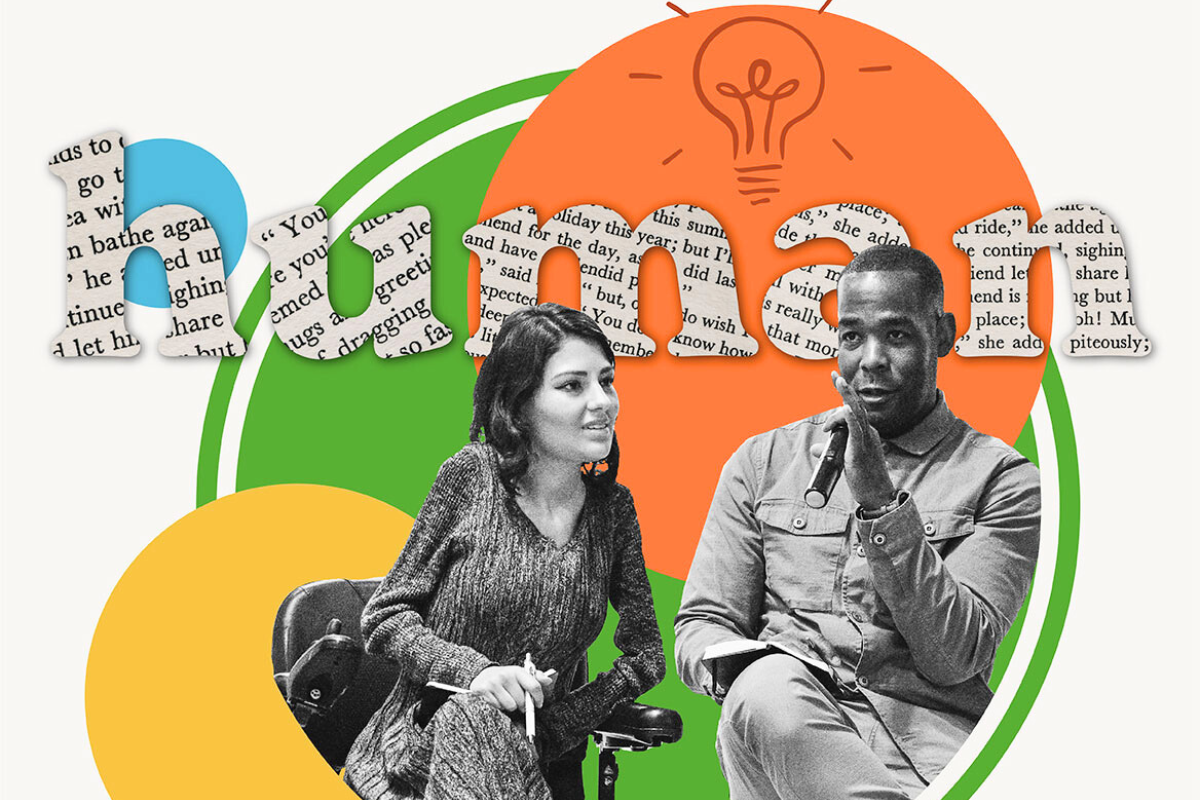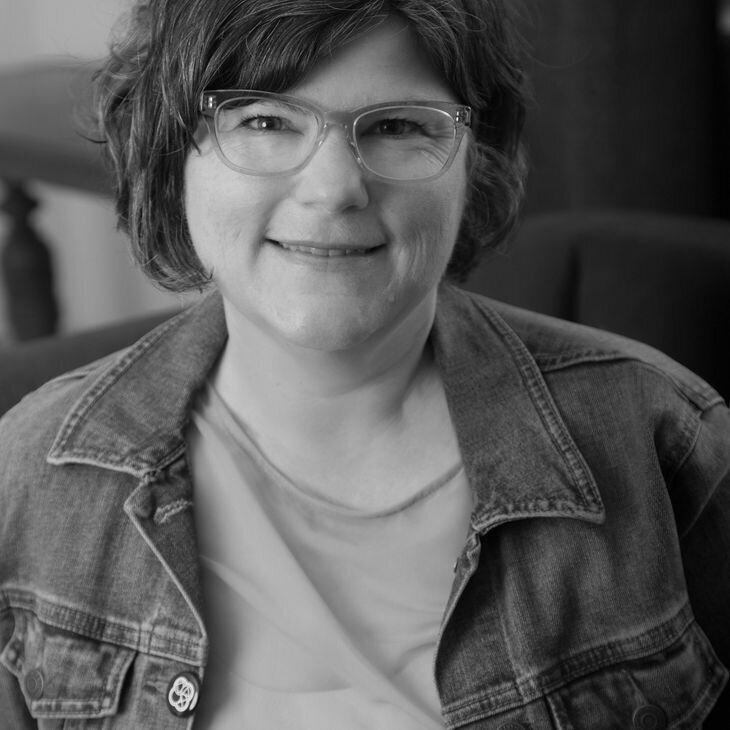-
Title
-
Sara Zarr
-
Quote
-
"On a deeper level, my early experiences with music, books, and film helped create an internal well I can draw from in times of anxiety, confusion, sorrow, curiosity, and joy to bring me closer to my own humanity and that of others. "
-
Story
-
I grew up in San Francisco in the 1970s, the daughter of chronically underemployed parents. They had good reasons for their own struggles, but it left my sister and me in an impoverished childhood situation. We didn't have much money for the basics of survival, let alone for books, records, and musical instruments. And yet, my parents (who met in music school) valued the arts and humanities and took advantage of what the city could give us for free or offer for cheap.
I can think of a few key places where public funding for the humanities stepped in:
1. The public school district checked out instruments to every fourth grader. Mine was the clarinet (despite my wish for a saxophone!). I played in the school band for fourth and fifth grade and continued in band when I moved to middle school in sixth. Soon after that, my stepfather, a barber, traded haircuts for a used clarinet and I had my own instrument. That’s the one I played in a community orchestra all through high school. Though I didn’t continue on in college, that experience (coupled with the fact that the public classical radio station was always on in our house), instilled in me a deep love of classical music and the cultural literacy that came with it. And I’ll never forget how to read music!
2. Our branch of the public library was known as “the children’s library” in my neighborhood because it had such a huge and robust children’s collection. I learned how to fill out a library slip with a golf pencil as soon as I could write. Not only did it give me access to reading, that library provided a safe “third place” where I could park myself between school and my mom getting off work, or spend a Saturday morning with my sister at no cost. Would I have ever become an author had this place not been available to me? That’s impossible to know, but I can guess.
3. There was a children's museum or library (I can’t remember exactly) that would host free screenings of old movies for kids and parents to watch together (The 5,000 Fingers of Dr. T., Journey to the Center of the Earth with James Mason, the 1958 7th Voyage of Sinbad). Public television gave me a rich classroom, ranging from shows made just for kids (The Electric Company, Zoom, Big Blue Marble) to the "all audiences" stuff I enjoyed, like cooking shows and MGM musicals. (I'll never forget the first time I saw Singin' in the Rain on our PBS affiliate on our little TV and fell in love with dance and Gene Kelly.)
There are many more examples I could cite. The point is that even though we were on and off food stamps and always worried about the rent, I got a robust humanities education in the very important years between early childhood and high school--through public school, public television, public libraries, programs offered by community nonprofits, and of course my mom, who valued all of these things herself and found ways for me to access them, with the help of her community of other parents and teachers.
What all this has given me and continues to give me is largely intangible, but not entirely. I’m the author of twelve published books, a life accomplishment I can’t conceive of happening without what publicly funded humanities gave me. In turn, that career has given me a chance to travel all over the country (and to Italy!). That travel has given me a greater sense of the national and global community, and our many connections across place.
On a deeper level, my early experiences with music, books, and film helped create an internal well I can draw from in times of anxiety, confusion, sorrow, curiosity, and joy to bring me closer to my own humanity and that of others. And I got all of this on the poverty-level budget my family lived on in my early life. I hope that current and future generations of kids who are growing up the way I did get that chance, too.


